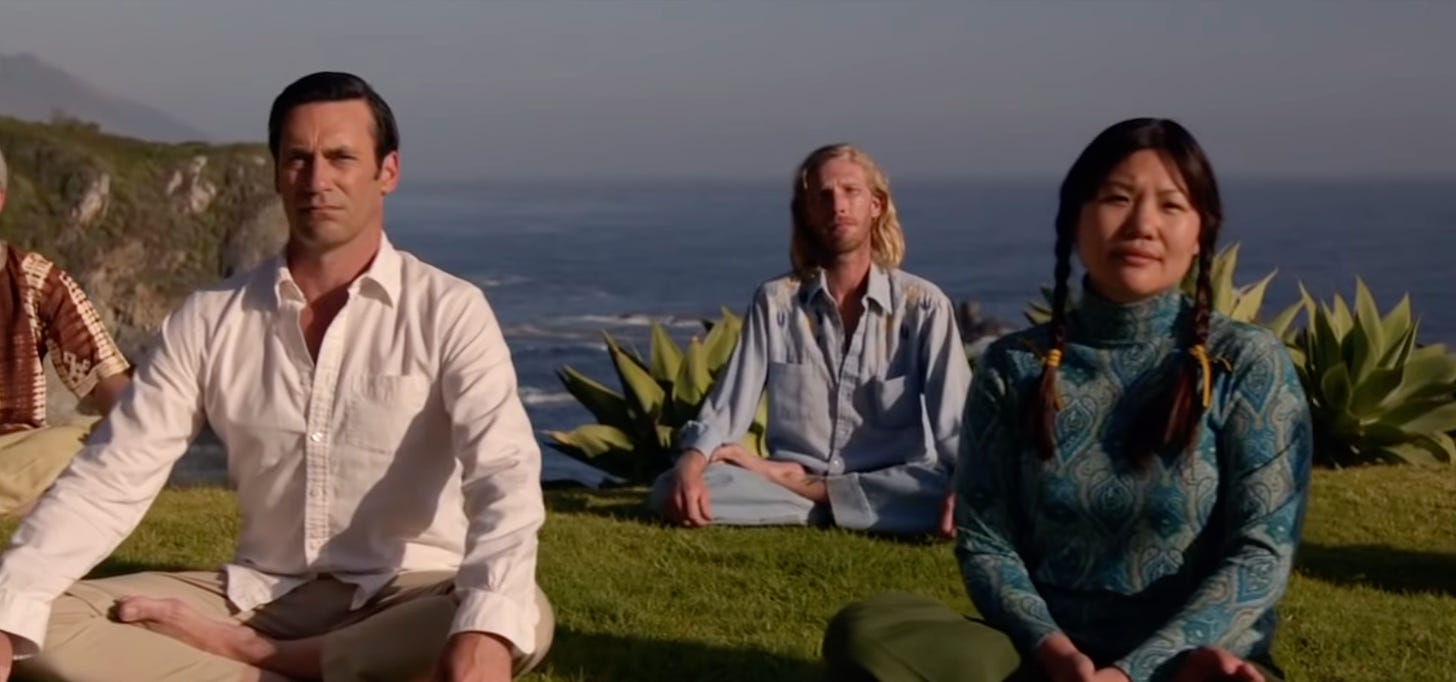What Mad Men Taught Me About the Story Media Tells
Incorporating and repackaging social disruption as mainstream culture was Don Draper's genius: but it wasn't progress
Keep reading with a 7-day free trial
Subscribe to Political Junkie to keep reading this post and get 7 days of free access to the full post archives.




